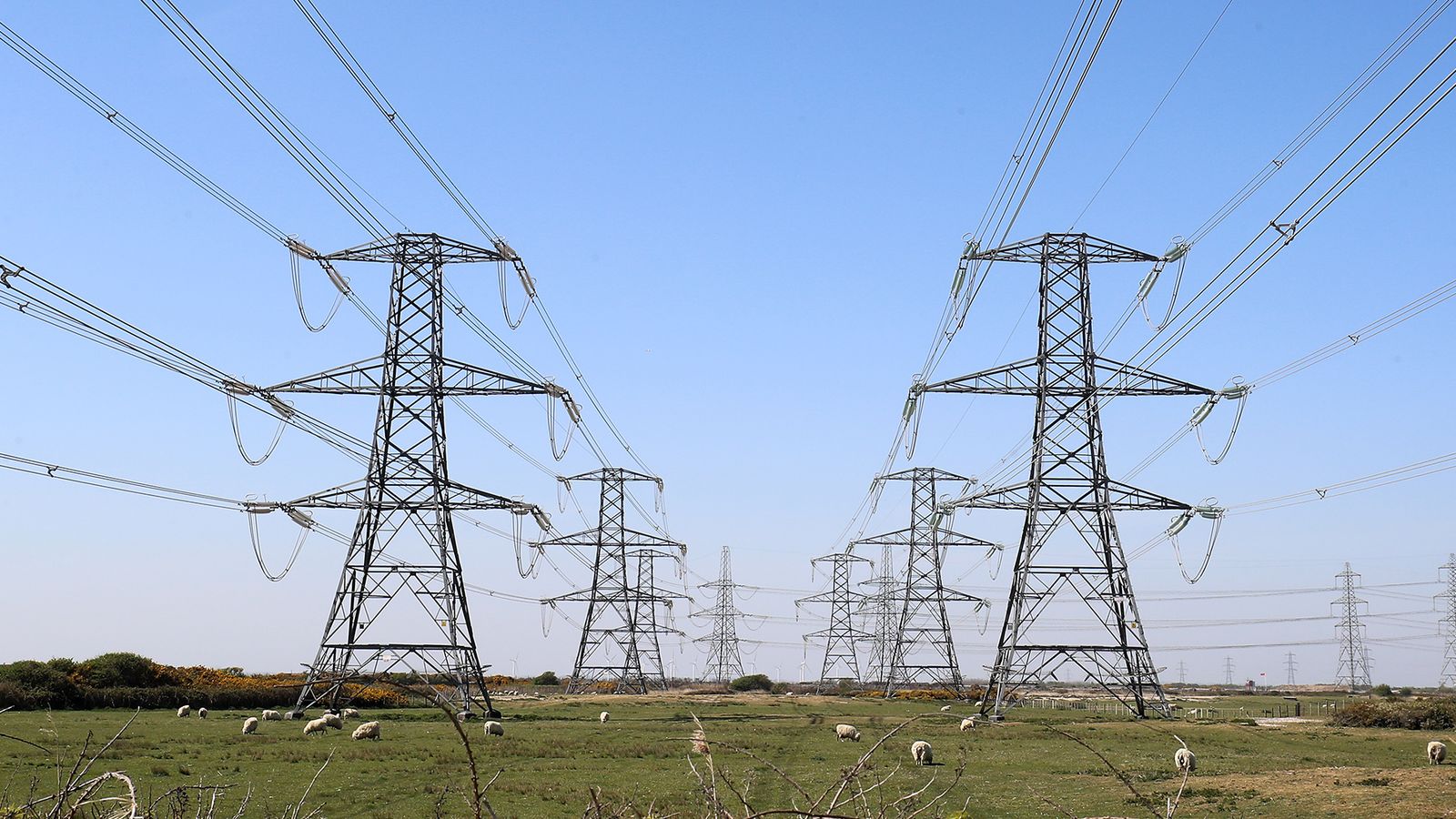Windfall tax for renewable energy firms is ‘reasonable’, chief of Statkraft says
A tax on bumper profits at renewable energy firms is “reasonable”, the head of Europe’s biggest renewable energy producer has said.
Christian Rynning-Tonnesen, the chief executive of Statkraft, said extra taxation was reasonable when renewable firms record whopper profits.
“Electricity producers will have to accept some windfall taxation,” he told Sky’s Ian King Live programme.
As millions of families struggle to pay their energy bills in the cost of living crisis, there have been growing calls for a windfall tax on oil and gas companies.
The government has introduced a bill to cap the revenues of renewable energy generators and nuclear power plants.
The bill sought to “sever the link between high global gas prices and the cost of low-carbon electricity” through a new temporary “cost-plus revenue limit” in England and Wales.
There is little detail on where a potential revenue cap would be set, but the government said it would launch a consultation “shortly” and had been working closely with the industry before its introduction.
Mr Rynning-Tonnesen was asked if efforts to tax renewable companies’ high profits disturbed him.
He said no and added that what is important is that the measures are temporary and “designed in a clever way so that it doesn’t disturb the production of the energy itself”.
The Norwegian state-owned company recorded operating profits of £763m for three months ending in September, nearly double that of the same period last year.
Listen and subscribe to The Ian King Business Podcast here
The price of gas dictates the price of electricity, so as gas prices soared as countries imported less from Russia after its invasion of Ukraine, many of Britain’s wind farms and solar farms were paid a lot more for electricity, even though costs had not increased much.
Statkraft has invested £1.3bn in the UK and said it will not be put off investing further by a potential windfall tax. Investments have taken the form of solar, wind and grid stabilisation projects.
Mr Rynning-Tonnesen said Statkraft was “stopping nothing” when it came to UK projects.
Another effect of the rising energy prices has been that Statkraft witnessed a 10% reduction in demand as industrial electricity users curtailed their power use. Similar reductions in response to high prices have been seen across Europe, Mr Rynning-Tonnesen said.
Pressure is mounting on Jeremy Hunt, the chancellor, to introduce a windfall tax on oil and gas companies.
When Rishi Sunak, the prime minister, was chancellor in May he introduced a £5bn tax on energy companies.
For all the latest business News Click Here


